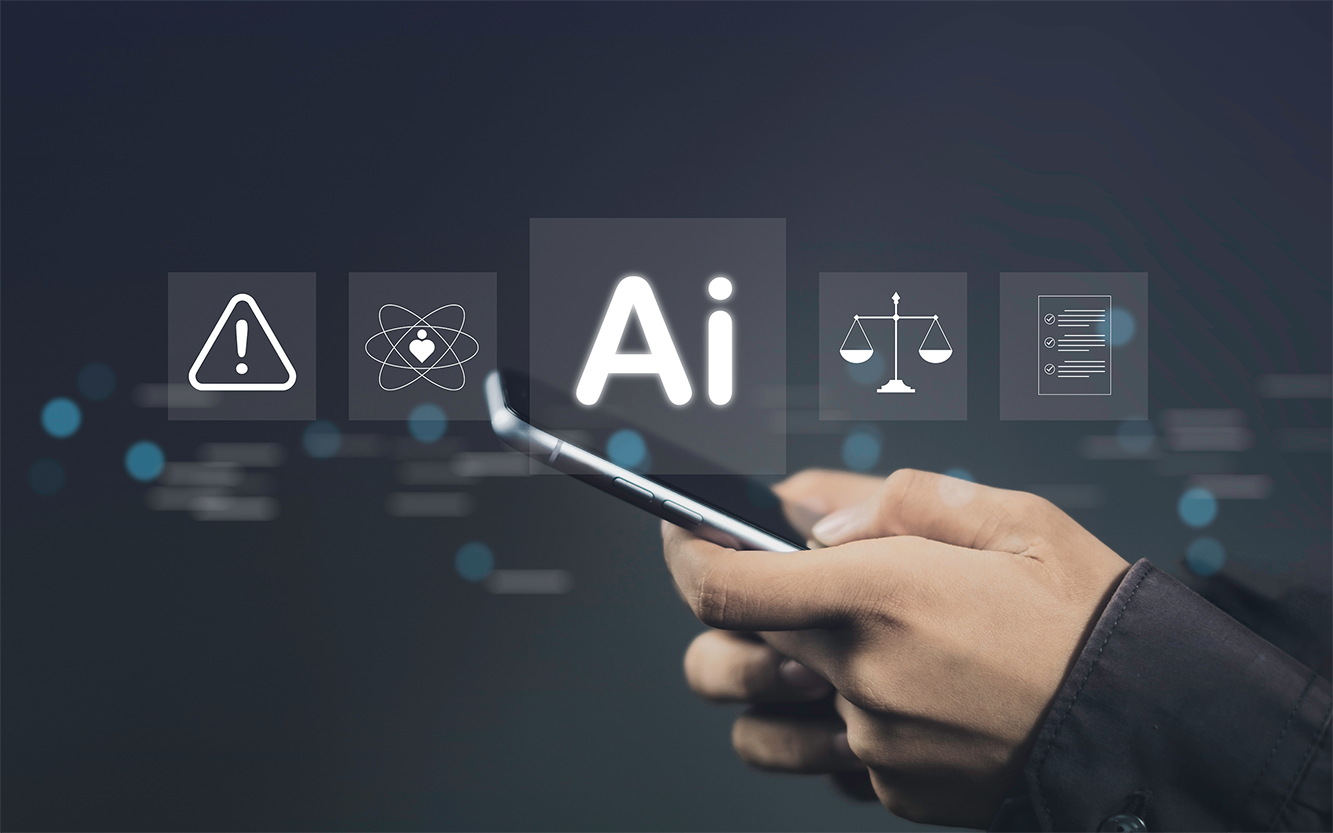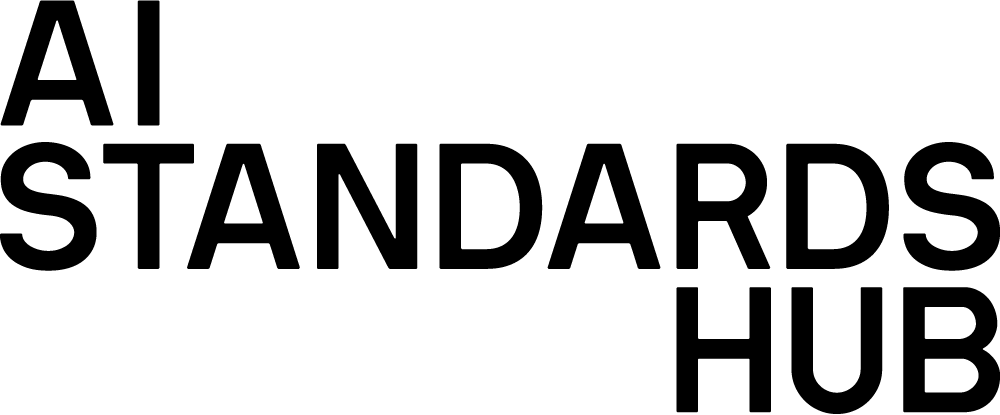Blog post by:
Paul Khullar, Research Assistant, The Alan Turing Institute

We are delighted to announce that the AI Standards Hub and the OECD are working together to enhance the OECD Catalogue of Tools and Metrics for Trustworthy AI with AI-specific standards from the AI Standards Hub’s Standards Database. The Hub will continue to enrich the OECD Catalogue of Tools and Metrics as new standards become available.
AI standards foster international cooperation because they establish common frameworks for responsible AI governance on a global scale. Standards developed by global Standards Development Organisations (SDOs) such as the International Organisation for Standardization (ISO), play the crucial role of establishing global best practices for international AI governance.
This partnership is part of the AI Standards Hub’s mission to advance knowledge sharing, capacity building, and research in AI standardisation through its four pillars of activity. AI standards have become increasingly important as governance tools and innovation mechanisms since the AI Standards Hub’s launch in October 2022, as are its efforts to help stakeholders become more active in the evolving AI standards landscape.
What role do standards play in the AI governance ecosystem?
Across jurisdictions, standards serve as benchmarks to support the implementation of AI governance regimes. Following the European Commission‘s request, for example, CEN-CENELEC is developing standards to help implement the EU AI Act. These standards are expected to be the primary way for organisations to comply with the EU AI Act’s requirements and will be pivotal to the Act’s practical implementation.
In other jurisdictions, regulatory approaches show similar trends: more emphasis on the role of standards as AI governance tools.
Types of standards
Standards can take many forms and address different parts of the AI lifecycle, including:
- foundational standards to establish key terminology;
- process guidelines to describe sound, repeatable organisational practices;
- technical measurement standards and the associated testing and measurement techniques to benchmark ;
- interfacing and networking architectures to ensure AI interoperability.
The AI Standards Hub’s ‘Standards at a Glance’ provides a comprehensive overview of AI Standards and how they are developed and used.
What standards will the AI Standards Hub contribute and when?
The AI Standards Hub is adding a subset of its Standards Database to the OECD Catalogue of Tools: published standards that focus on AI technologies but not those under development. The complete AI Standards Database hosted on the AI Standards Hub’s website includes standards that are under development and AI-enabling standards, i.e., standards that touch on adjacent issues while not specifically focused on AI technologies, such as responsible data, cybersecurity, and software engineering practices.
The standards in the Catalogue will be continuously updated as new ones are published. This will ensure that users have access to the most current and relevant standards to adapt to the evolving AI governance landscape.



0 Comments